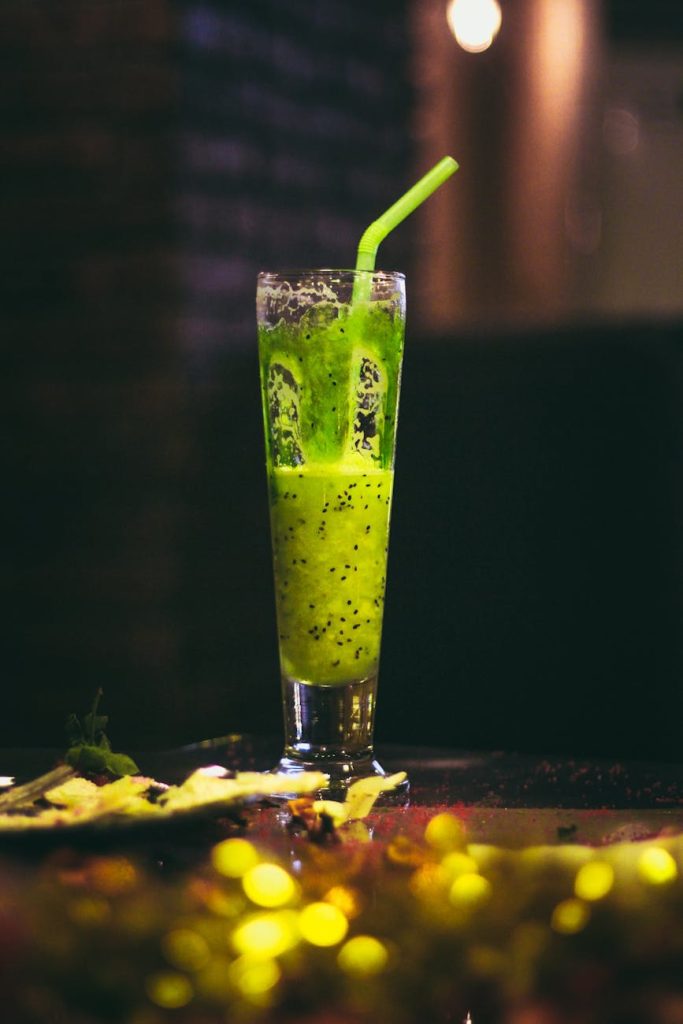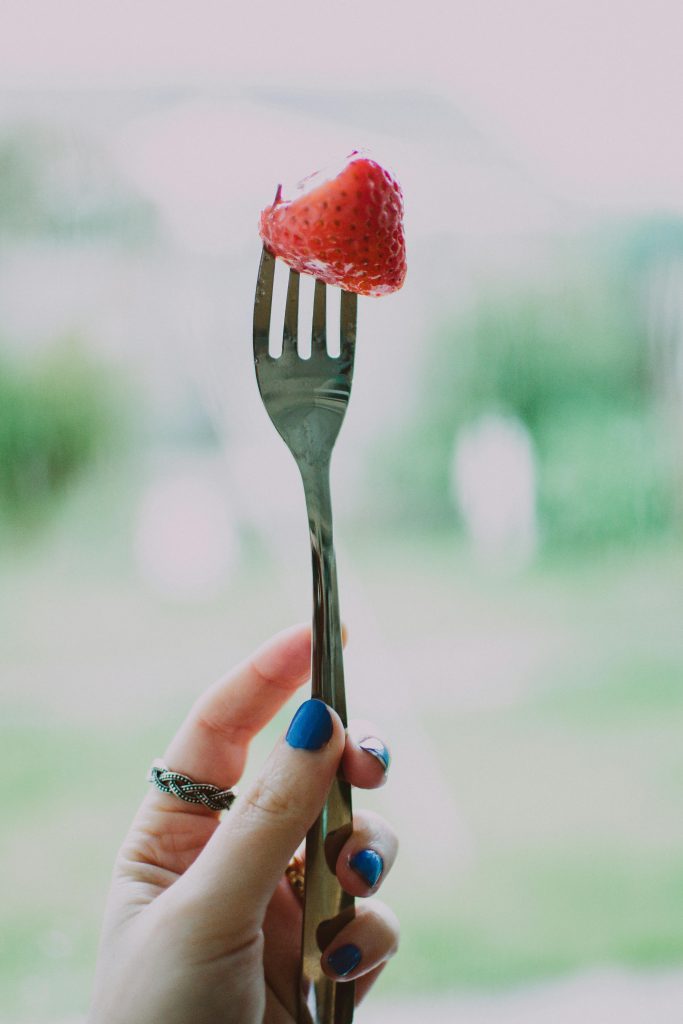Separating Fact from Fiction
Spring brings with it a sense of renewal – blooming flowers, warmer temperatures, and for many, the desire to “clean” their bodies with a juice cleanse. But does this popular practice deliver on its promises of detoxification and rejuvenation? As nutrition research advances, it’s time to examine the science behind juice cleanses and determine if they truly offer the benefits many claim.

The Appeal and Promises of Juice Cleanses
Each year as the winter chill fades, social media feeds flood with colorful images of cold-pressed juices, alongside claims of their transformative powers. These juice cleanse programs – often marketed as “spring cleaning for your body” – promise everything from weight loss and improved energy to glowing skin and a stronger immune system.
The concept seems intuitive: eliminate solid foods, flood your system with nutrient-dense juices, and allow your digestive system to “rest” while purging accumulated toxins. Many cleanse enthusiasts report feeling energized, lighter, and more focused after completing these programs.
The Detoxification Myth
The cornerstone claim of juice cleanses is detoxification – the idea that our bodies accumulate harmful substances that need to be actively removed through special diets. While it’s true we’re exposed to various environmental toxins, our bodies already have sophisticated systems designed specifically for detoxification.
Your liver, kidneys, lungs, skin, and digestive tract work continuously to filter, metabolize, and eliminate waste products and toxins. These organs don’t require juice interventions to function properly. In fact, many of the nutrients these organs need to perform optimally come from a balanced diet including proteins, healthy fats, and complex carbohydrates – many of which are removed during juice cleanses.
Dr. Elizabeth Mayer-Davis, Chair of the Department of Nutrition at the University of North Carolina, puts it succinctly: “There’s no scientific evidence supporting the idea that juice cleanses enhance your body’s natural detoxification processes. Your liver and kidneys are remarkably efficient at removing waste products without special diets.”

The Nutritional Reality
Juicing fruits and vegetables strips away valuable fiber while concentrating sugars. A typical 16-ounce fruit juice can contain the equivalent of 3-4 fruits, delivering their combined sugar content without the fiber that would normally slow sugar absorption. This can lead to blood sugar spikes followed by crashes, potentially worsening energy levels rather than improving them.
Additionally, juice cleanses are typically low in protein, essential fatty acids, and many micronutrients – all critical components for optimal health. Extended cleanses can lead to nutritional deficiencies that actually impair your body’s natural detoxification systems.
Perhaps most concerning is the potential impact on metabolic health. Research indicates that severe caloric restriction (common in juice cleanses) can:
- Slow metabolism
- Trigger muscle loss rather than fat loss
- Create hormonal imbalances
- Potentially lead to disordered eating patterns
The Placebo Effect and Temporary Benefits
Many people genuinely feel better during or after a juice cleanse, but these benefits may stem from what they’ve eliminated rather than the juices themselves. Temporarily removing processed foods, alcohol, caffeine, and excess sodium often leads to reduced inflammation and improved energy levels.
The structured nature of cleanses can also break unhealthy eating patterns, while the investment in expensive juice programs may increase motivation to make healthier choices. The placebo effect also plays a significant role – expecting to feel better often leads to perceived improvements.

A Healthier Approach to Spring Renewal
Rather than a drastic juice cleanse, consider these evidence-based approaches to supporting your body’s natural detoxification processes:
- Increase hydration: Water is essential for kidney function and toxin elimination.
- Emphasize fiber-rich whole foods: Fiber helps remove waste through the digestive tract and supports a healthy gut microbiome.
- Eat the rainbow: Consume a variety of colorful fruits and vegetables to obtain phytonutrients that support liver function and reduce inflammation.
- Include quality protein sources: Proteins provide amino acids necessary for the liver’s detoxification pathways.
- Support your microbiome: Fermented foods and prebiotics nourish beneficial gut bacteria that play a role in detoxification.
- Reduce exposure to toxins: Minimize processed foods, alcohol, and environmental toxins when possible.
- Prioritize sleep and stress management: Poor sleep and chronic stress impair your body’s natural detoxification abilities.
Potential Benefits of Short-Term Juice Addition
While extended juice-only cleanses aren’t recommended by most nutrition experts, adding fresh vegetable-based juices to a balanced diet can provide concentrated nutrients that support overall health. Consider juices as a supplement to whole foods rather than a replacement.
Green juices containing minimal fruit can provide concentrated phytonutrients, especially for those who struggle to consume sufficient vegetables. Just remember that juices should complement rather than replace whole foods.

When to Avoid Juice Cleanses Entirely
Certain populations should avoid juice cleanses altogether:
- People with diabetes or blood sugar regulation issues
- Those with kidney disease
- Individuals with a history of eating disorders
- Pregnant or breastfeeding women
- Anyone taking medications affected by rapid dietary changes
- Children and adolescents
- Those with compromised immune systems
The Psychology of Cleansing
The concept of purification has deep cultural and religious roots across human history. The modern juice cleanse taps into this psychological desire for purification and renewal. Understanding this can help us separate the emotional appeal from scientific reality.
Many people approach cleanses with an all-or-nothing mentality that can foster unhealthy relationships with food. Registered dietitian Maya Feller notes, “The cleanse mentality reinforces the destructive cycle of restriction followed by overindulgence, when sustainable, consistent nutrition habits are what truly support long-term health.”
The Marketing Machine Behind Juice Cleanses
The juice cleanse industry generates billions in revenue annually, with clever marketing that often exaggerates benefits while minimizing potential risks. Many claims use scientific-sounding language without scientific backing. Terms like “toxins,” “detox,” and “cleanse” are vague and rarely defined specifically.
Celebrity endorsements and powerful before-and-after testimonials create compelling narratives that override scientific skepticism. Understanding these marketing techniques can help consumers evaluate claims more critically.

Finding Balance: A Sustainable Approach
Instead of viewing spring as a time for drastic cleansing, consider it an opportunity to reset habits and implement sustainable changes. Consider:
- Gradually increasing your intake of whole, minimally processed foods
- Experimenting with new vegetable-centered recipes
- Addressing underlying issues like poor sleep, chronic stress, or insufficient hydration
- Working with a registered dietitian to develop personalized nutrition strategies
Conclusion: Beyond the Juice Cleanse Myth
The human body is remarkably resilient and sophisticated, with built-in mechanisms for maintaining balance and eliminating waste. True health comes not from periodic extreme interventions but from consistent, science-based nutrition and lifestyle practices.
As we embrace spring and its natural symbolism of renewal, let’s move beyond the myth of cleansing and toward evidence-based practices that genuinely support our well-being. Rather than falling for the marketing hype of juice cleanses, invest in sustainable habits that nourish your body year-round.
Your liver, kidneys, and overall health will thank you – not for a week of juice restriction, but for the long-term commitment to balanced nutrition, adequate hydration, quality sleep, stress management, and movement. These are the true keys to feeling your best this spring and beyond.



